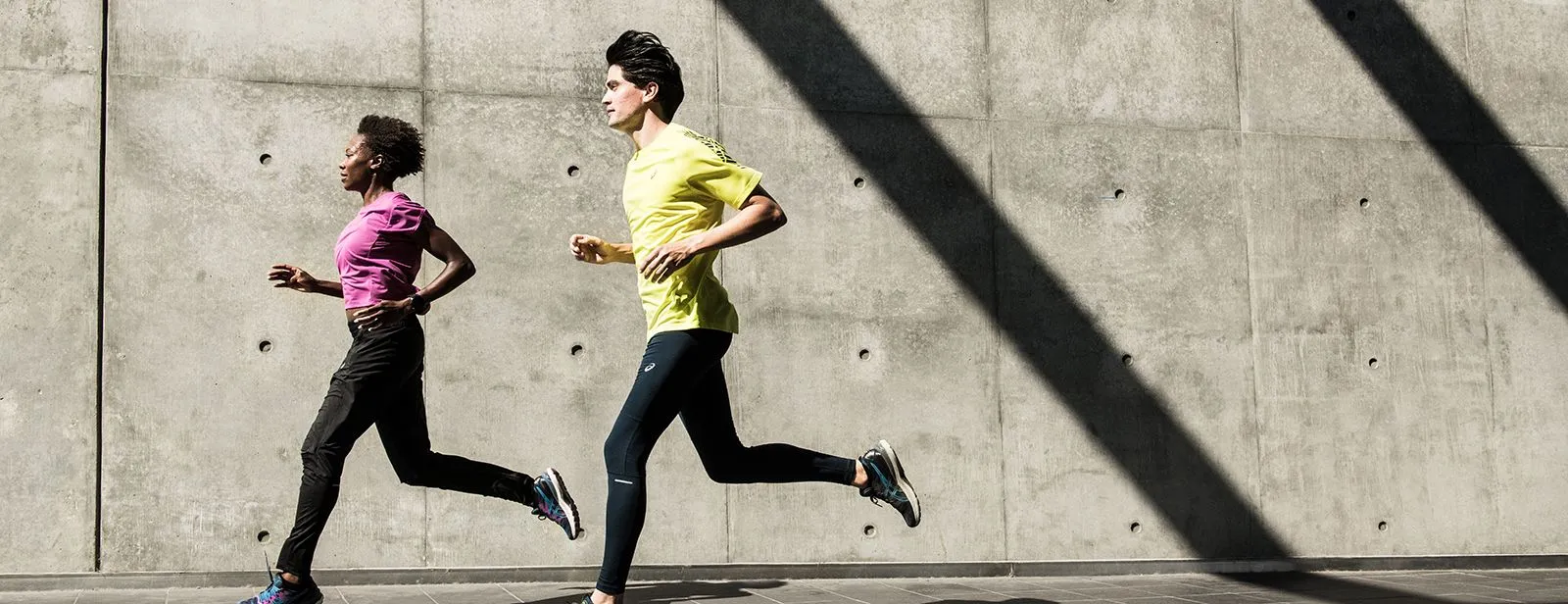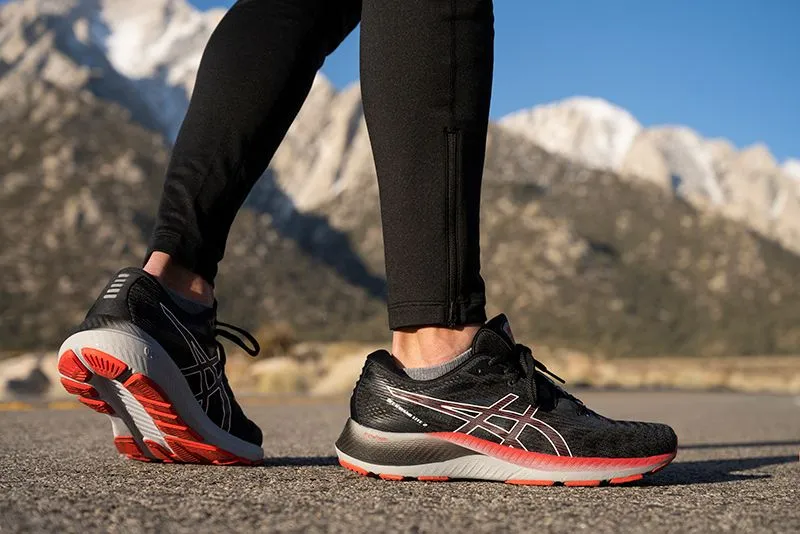
Running injuries: how supportive running shoes can help
August 6, 2021
Finding a pair of knee- and ankle-protecting running shoes can give you the support and confidence you need. Here’s all you need to know.
There’s no doubt that running can take a toll on your knees and ankles. When you run, a force equal to 2.5 times your body weight comes down through the foot that’s striking the ground. That means that if you have a weakness in these joints, then there’s a real risk of injury.
If you suffer from chronically weak knees or ankles or are overcoming an injury in one of those joints, then supportive running shoes that provide additional protection for your ankles and knees can offer a solution. It’s worth noting straight up that shoes alone won’t fix the problem, but supportive shoes can play a big part in helping to protect your joints and give you a little extra confidence.
Understanding knee and ankle problems when running
There are lots of possible causes of joint pain when running and it’s always a good idea to discuss your concerns with your GP or a qualified physiotherapist first. Supportive shoes are certainly part of the answer, but it’s essential to understand what’s going on in your joints first, as this will help with your choice of running shoes.
Common causes of knee and ankle problems include:
- Overuse: You may experience pain in your joints through sheer overuse. Aim to rest for at least 24 hours before running again even if you’re training for an event.
- Poor posture: Pain in your ankles and knees may actually be caused by poor posture. Identify and fix that and the pain may disappear.
- Old injuries: Whether you’ve previously broken a leg joint or repeatedly sprained your ankle in the past playing a different sport, old injuries can very easily flare up when you’re running.
- Pronation issues: Pronation is the term used to describe the way your foot rolls when you walk and run. When we run, the outside of our heels normally strikes the ground first before ‘rolling’ inwards. However, some people over or underpronate, and this can result in pain if you’re not wearing the right shoes for your gait. Learn more by reading our guide to pronation .
- Fractures and other musculoskeletal problems: You may have stress fractures or some kind of joint fluid problem. A specialist will be able to examine you to identify this type of issue.
Very often, a visit to a running store can be enough to fix simple ankle and knee problems. Trained staff can conduct a gait analysis where they film you running on a treadmill to understand the mechanics of your running style. They’ll also be able to recommend supportive running shoes that are a good fit for you.

What to look for in supportive running shoes
While it’s wise to get to the root of any joint pain before investing in new running shoes, supportive shoes will combine certain features that reduce the impact of running and offer extra support. Here’s what to look out for:
- Buy running-specific shoes: If you plan on running, then buy running shoes that are designed specifically for the sport. More generic sports trainers do not tend to include as much of the cushioning or support in the heel as runners require.
- Emphasise cushioning: Choose shoes that offer plenty of padding and cushioning in the heel and through to the midfoot.
- Choose shoes that are the right fit: It’s important to find running shoes that fit snugly around the sides of your foot but also allow for some movement from back to front. Here you can read more about how to choose running shoes that fit .
- Focus on grip: Any runner – but especially those with a history of ankle or knee injuries – must feel confident in the grip their shoes have. At ASICS, good grip comes as standard on all of our running shoes. Certain shoes, such as our trail and off-road running shoes , have additional grip for complete stability on uneven, wet and changeable surfaces.
- Solid support in the sole and sides: Depending on your level of pronation, you might benefit from running shoes that provide additional support, such as our stability running shoes .
Find the right shoes for you
While there’s a lot to think about when looking for running shoes, particularly if you have nagging injuries or joint issues, don’t despair. There is a huge range of footwear available nowadays catering to the gaits, running styles and issues experienced by all kinds of runners. A good place to start your search is the ASICS Shoe Finder tool , which narrows down from hundreds of shoes to find the right pair for you.


